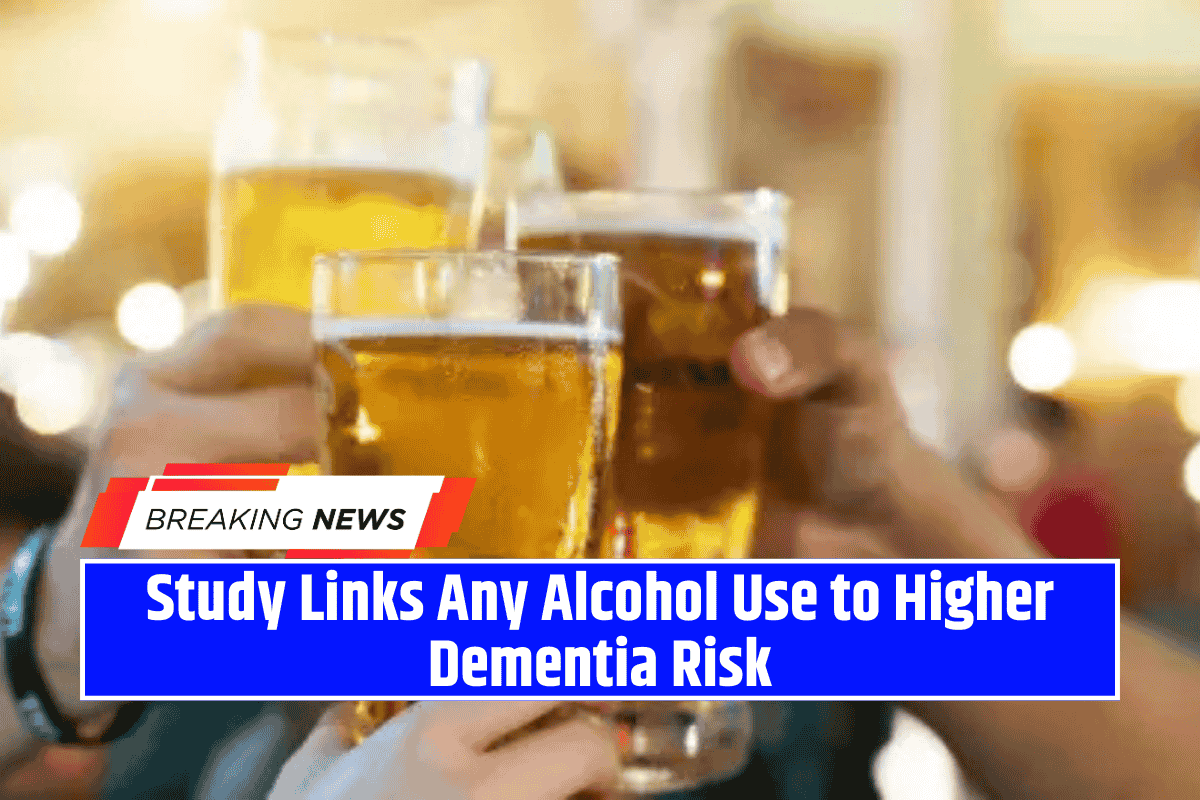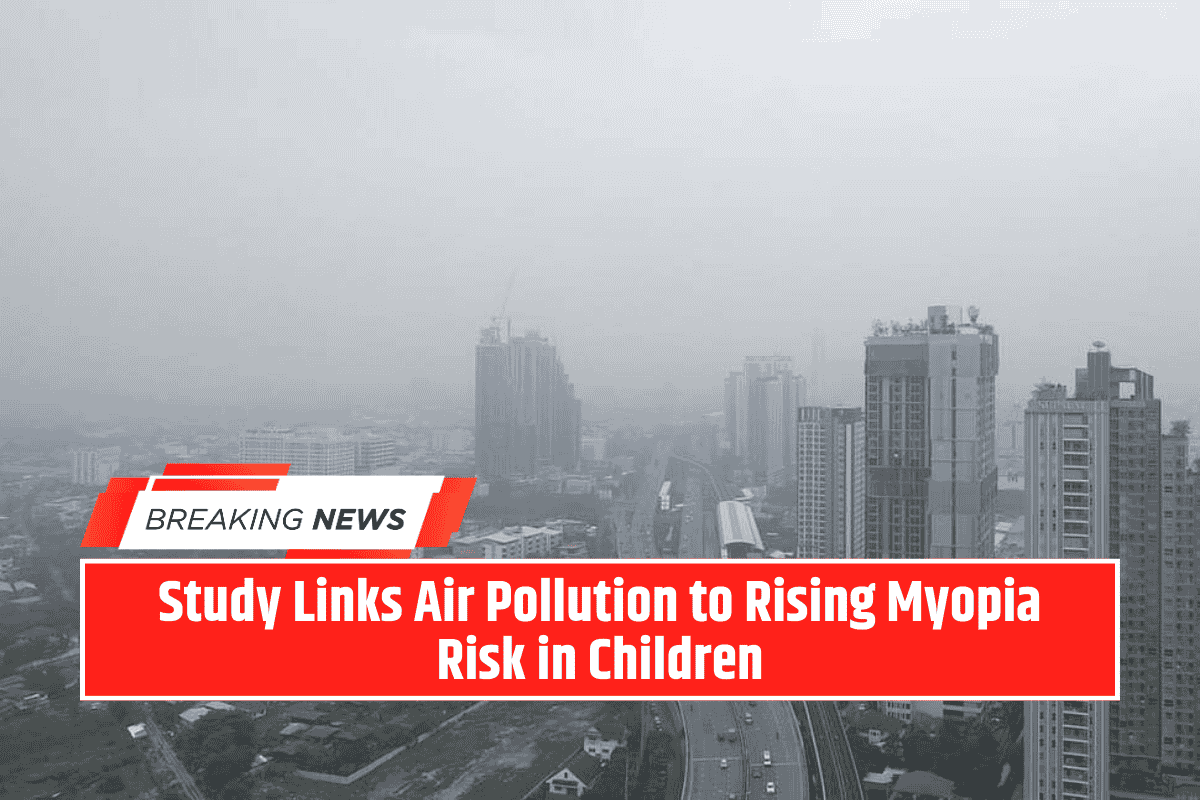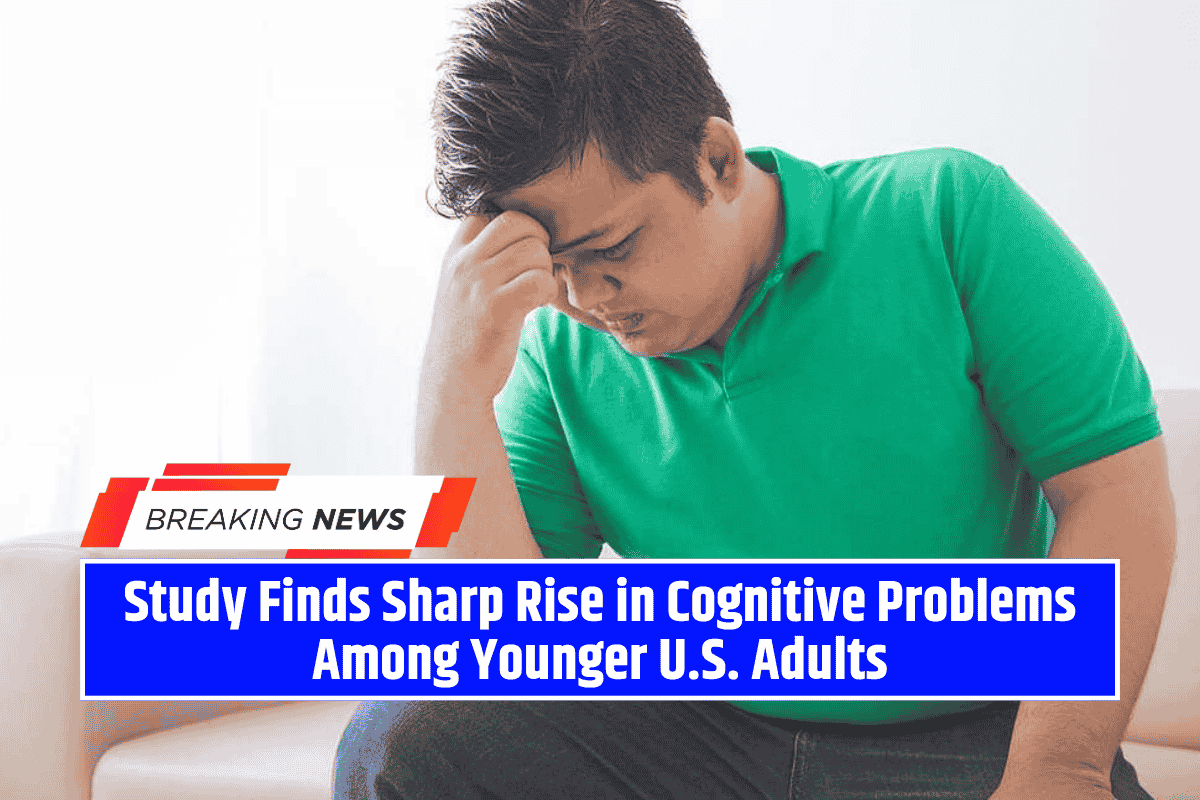A new study published Sept. 23 in BMJ Evidence Based Medicine challenges the long-held belief that light drinking may protect against dementia. Researchers found that any amount of alcohol consumption increases dementia risk, with risk rising steadily as drinking levels climb.
“Our study findings support a detrimental effect of all types of alcohol consumption on dementia risk, with no evidence supporting the previously suggested protective effect of moderate drinking,” said lead author Anya Topiwala, senior clinical researcher at the University of Oxford.
Study Design and Findings
The analysis drew from nearly 560,000 participants across two large-scale U.S. and U.K. studies. Participants were tracked for about four years in the U.S. group and 12 years in the U.K. group.
Key findings included:
- Over 90% of participants reported drinking alcohol.
- More than 14,500 developed dementia during the study period.
- Initially, results suggested both non-drinkers and heavy drinkers (40+ drinks weekly) had a higher dementia risk compared to light drinkers.
- However, after adjusting for genetic risk factors, all levels of alcohol consumption increased dementia risk, even at low levels.
- Each additional 1–3 drinks per week raised dementia risk by 15%.
- A doubling of genetic risk for alcohol dependency was tied to a 16% increase in dementia risk.
Reverse Causation in Earlier Studies
The study also explained why previous research suggested a protective effect. People who went on to develop dementia often reduced their drinking years before diagnosis, giving the false impression that lower alcohol use was protective.
This phenomenon — known as reverse causation — means early cognitive decline likely led to reduced alcohol intake, rather than alcohol abstinence preventing dementia.
Public Health Implications
Researchers stressed that reducing alcohol consumption could be an effective dementia prevention strategy. They estimated that cutting the prevalence of alcohol use disorder in half could prevent up to 16% of dementia cases.
“The pattern of reduced alcohol use before dementia diagnosis observed in our study underscores the complexity of inferring causality from observational data,” the authors wrote.
The findings strongly suggest that any level of alcohol use poses a risk to brain health, and public health strategies aimed at reducing alcohol consumption may play a crucial role in lowering dementia cases worldwide.









